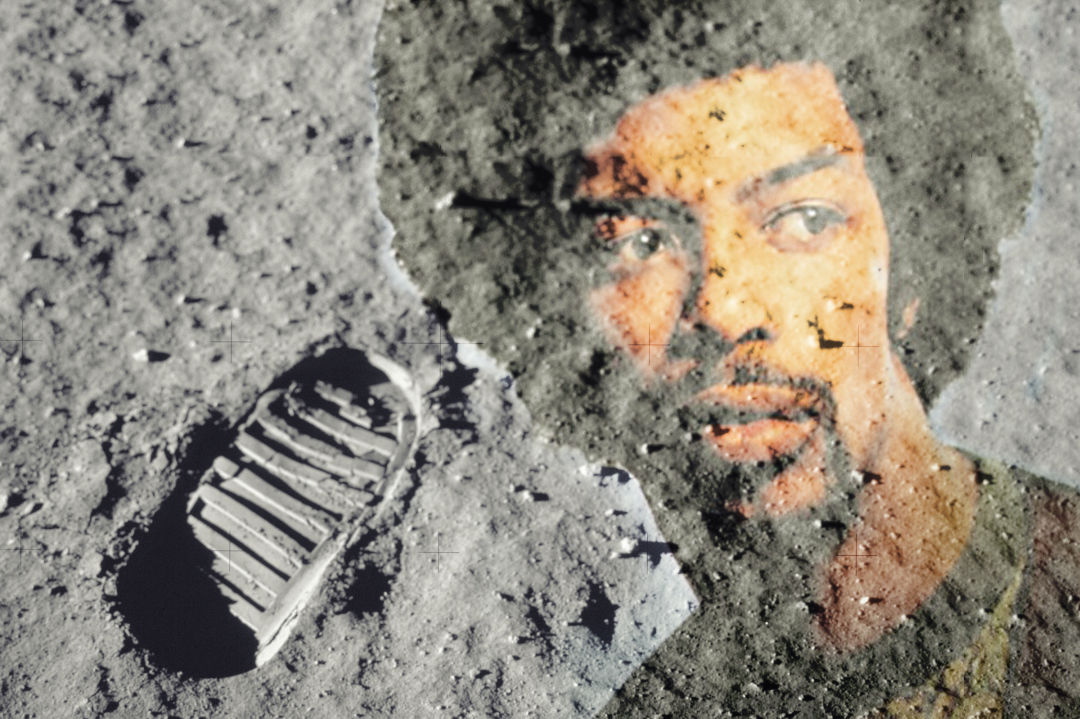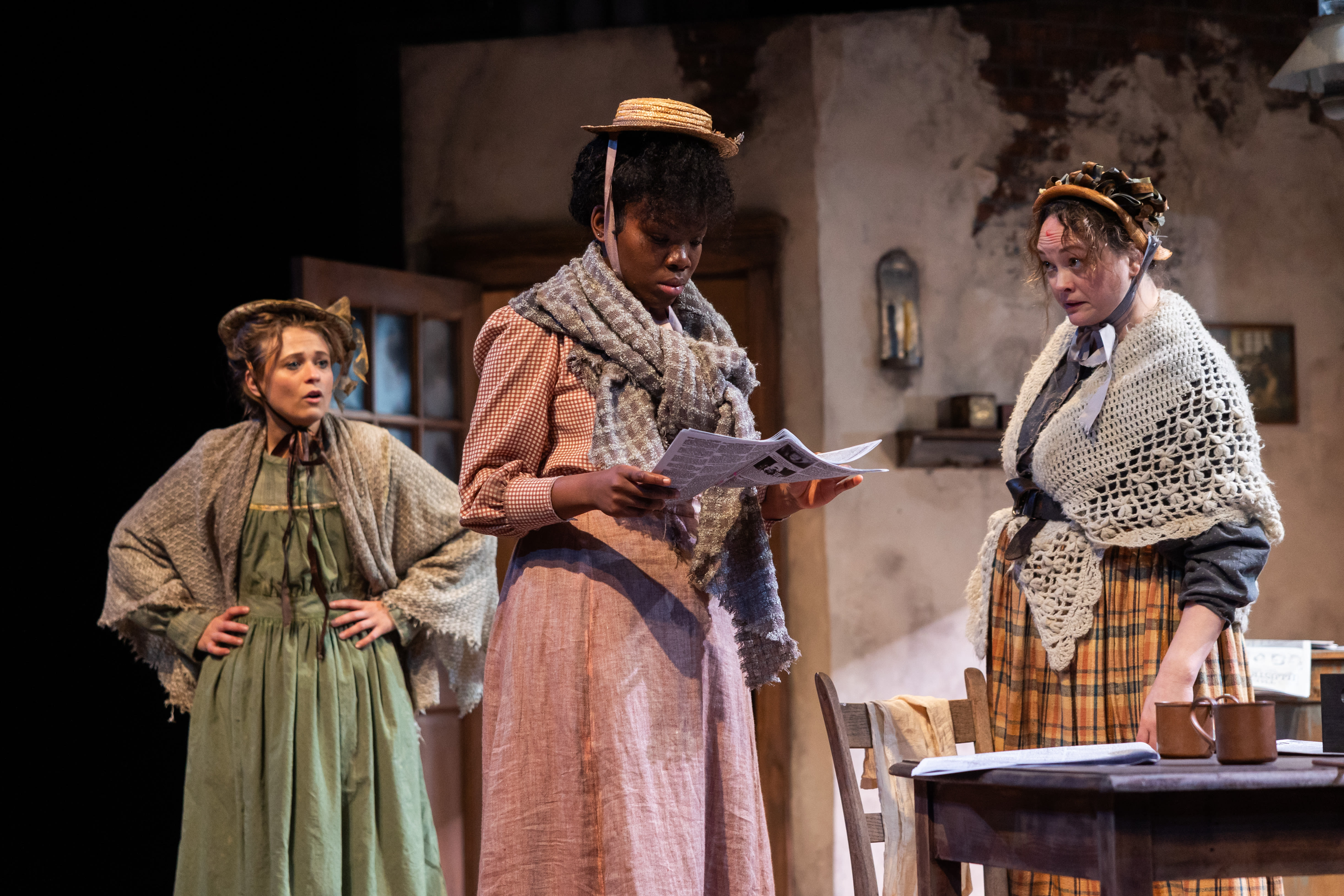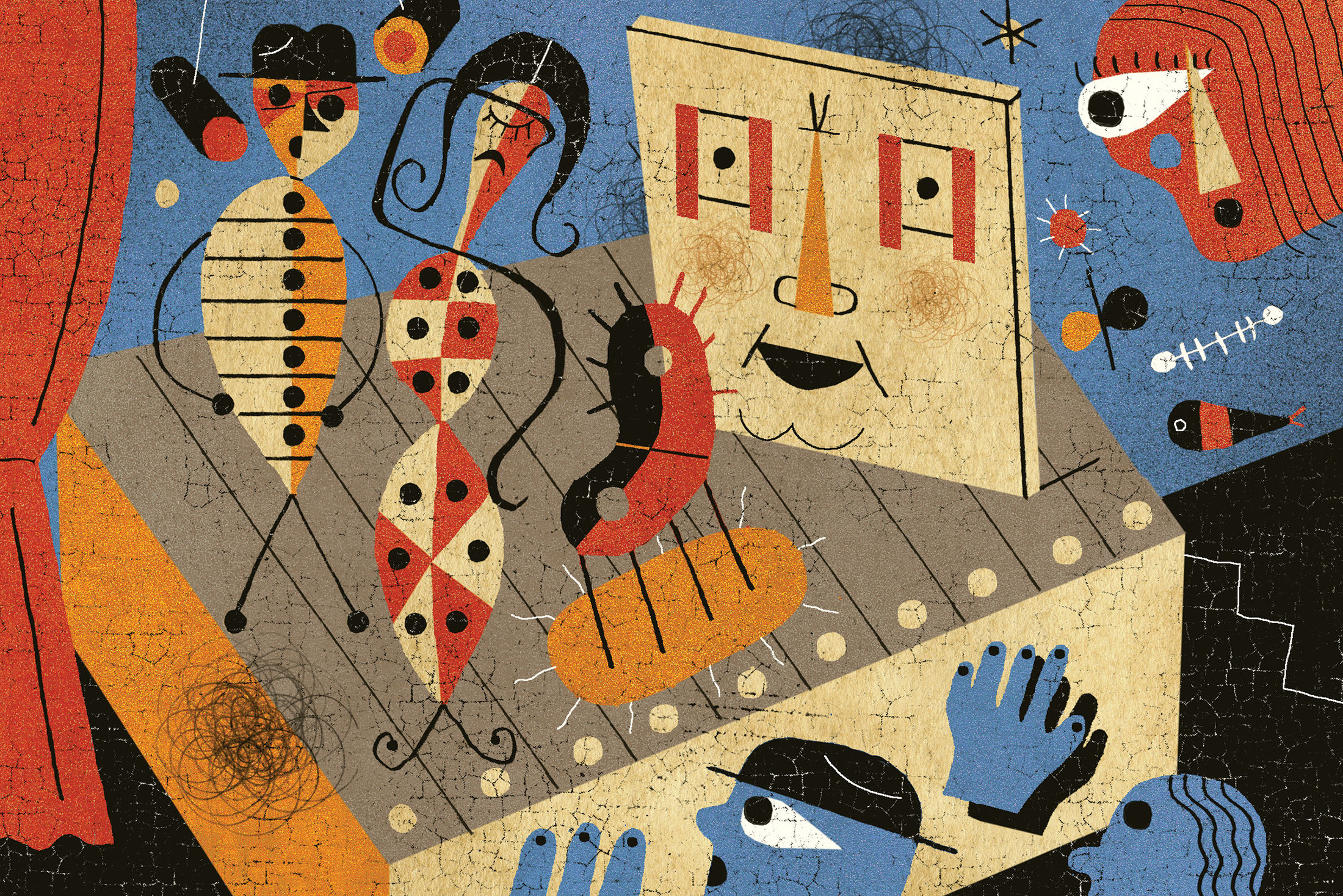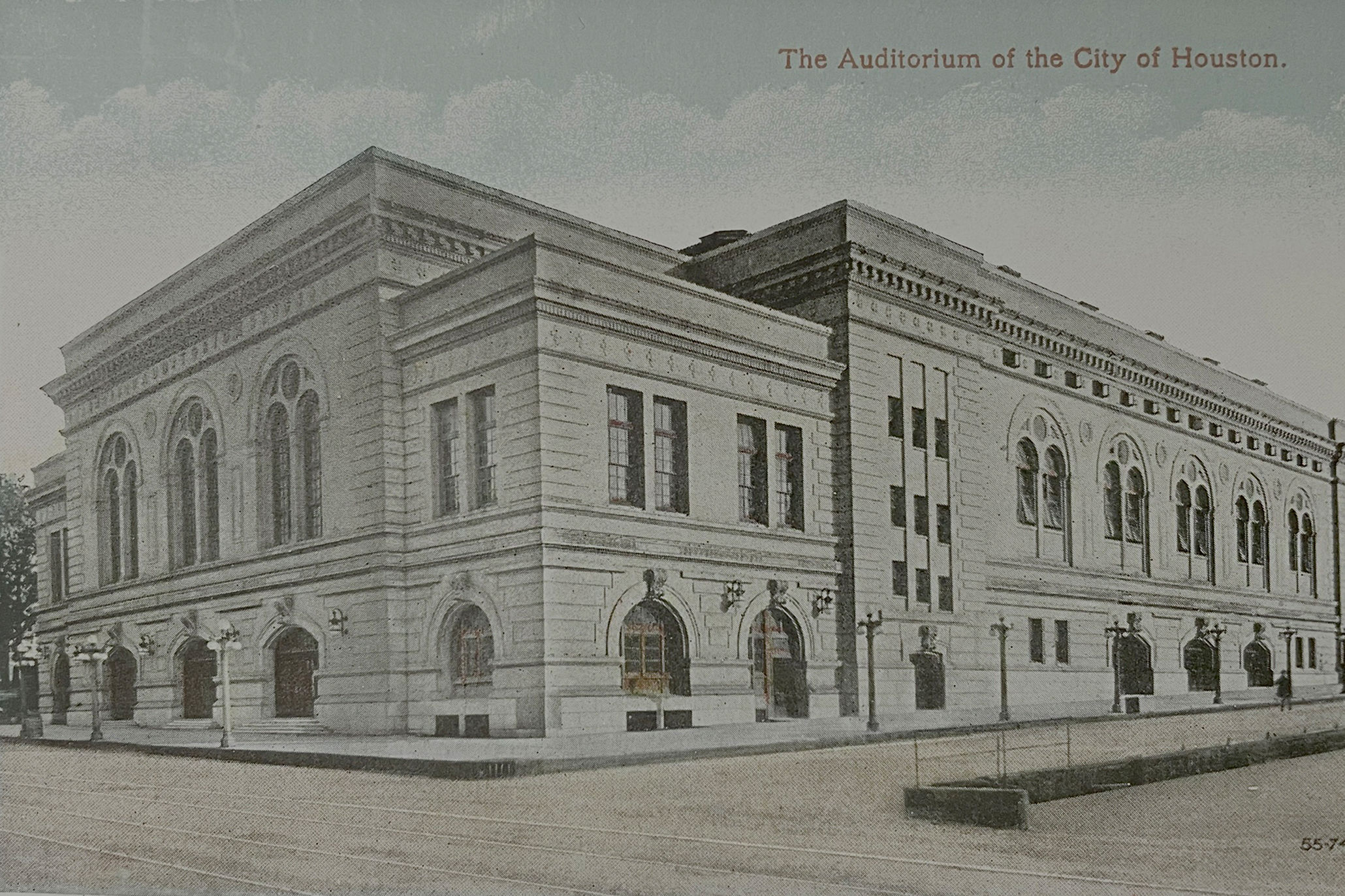REVIEW: Stages Shoots for the Stars While Tackling Earthly Issues in Pieces of the Moon

Image: NASA and Fair Use
With all of the theaters closed, it is wonderful to be able to experience some high drama—even if it’s only through sound waves. One of the many re-workings to its previously announced 2020-2021 season, Stages has turned its world premiere co-production of Nick Flint’s Pieces of the Moon into a radio show perfect for today’s era of theatrical live-streaming. And did we mention it’s free through August 2? All you have to do is register online, and you’ll be ready for takeoff.
Produced in partnership with New York City’s One Year Lease Theater Company (OYL), Pieces of the Moon, which opened on July 20 (the 51st anniversary of the Apollo 11 moon landing) is a collage of voices orbiting the life of legendary musician and poet Gil Scott-Heron, whose work is viewed by many as a precursor to modern rap.
As a radio play, Stages’ entire production is dependent on sound. There’s no stage, no body language, and no facial expressions, and Brendan Aanes’s sound design rises to the challenge, highlighting the show’s pastiche of history—especially the history of the Apollo 11 space launch—biography, and music, through an overlapping multi-source soundscape to stunning results. The use of historical speeches, blended with the actors' portrayals, is a stirring mix of the past and the present, and when Scott-Heron is performing his multiple musical numbers, including his iconic "The Revolution Will Not Be Televised," it sounds like we’re right there with him in jazz club waiting for a drink.
While the play is billed as “an exploration of two Americas told through the true stories of the three Apollo 11 astronauts and the magnificent artistry of Gil Scott-Heron,” the astronaut stories seem more like a chorus or backdrop, with the focus on Scott-Heron. Eric Berryman and Adesola Osakalumi are both excellent in their respective roles as young and adult Scott-Heron, capturing the artist’s personality both onstage and off, as well as his verve, distrust of the establishment, and particular way of infusing humor in the most serious of social critiques.
As playwright, Flint does an outstanding job of choosing pivotal moments in Scott-Heron’s life to dramatize, including his interview to an elite prep school and the death of his grandmother. These personal moments, conveyed alongside the original transcripts from the Apollo space mission, give a sense of the historical moments Scott-Heron was reacting to in much of his art and the issues that tended to dominate the Black Arts Movement in the ’60s and ’70s.
When the moon landing is given our full attention, it is de-romanticized, and the astronauts themselves represented as fallible human beings with their own limitations and domestic problems. By juxtaposing this historic lunar ascent with Scott-Heron’s expressions of protest, the audience experiences the sounds of NASA and astronauts as companions, not contradictions, to Scott-Heron’s social critiques. The success of the moon landing is also qualified by the personal struggles of the astronauts and recast as something to be profoundly challenged, as the audience is reminded in Scott-Heron’s “Whitey on the Moon,” a poem that questions America’s priorities and values.
As we listen to the Rev. Martin Luther King Jr.’s and President John F. Kennedy’s voices each addressing the issue of freedom, it is impossible to ignore the different experiences of freedom that existed side by side in America depending on race, class, and socioeconomic status—a timely performance indeed. Pieces of the Moon doesn’t dodge the hard truths spelled out Scott-Heron’s vision of America.
Yes, Flint suggests, there were explorers and pioneers on the moon, but artists like Scott-Heron were pioneers right here on earth—no matter if their revolution was televised or not. At one point in the play, Scott-Heron’s grandmother tells him to “reach for the stars,” and her figurative encouragement placed next to the literal Apollo 11 landing makes for a thought-provoking look at history, art, and protest.




